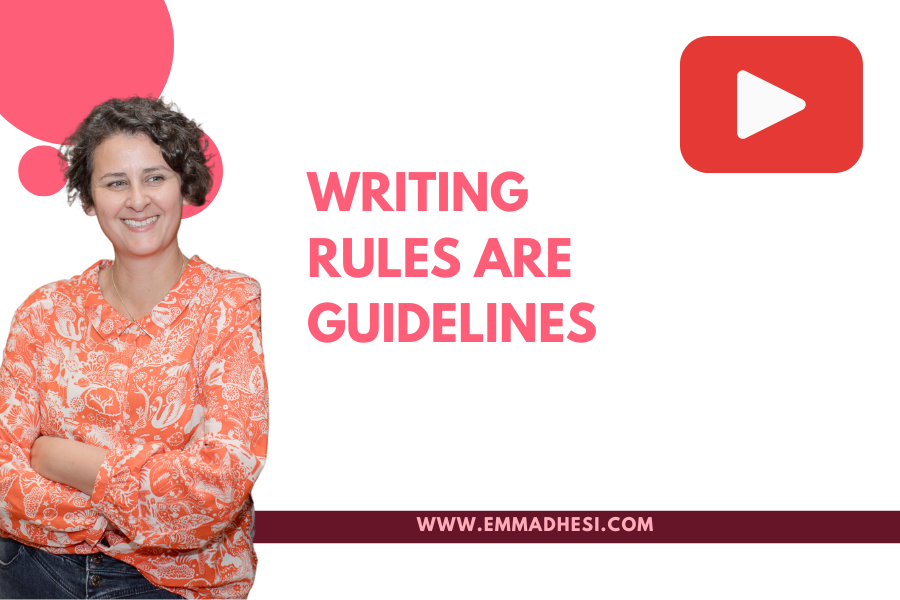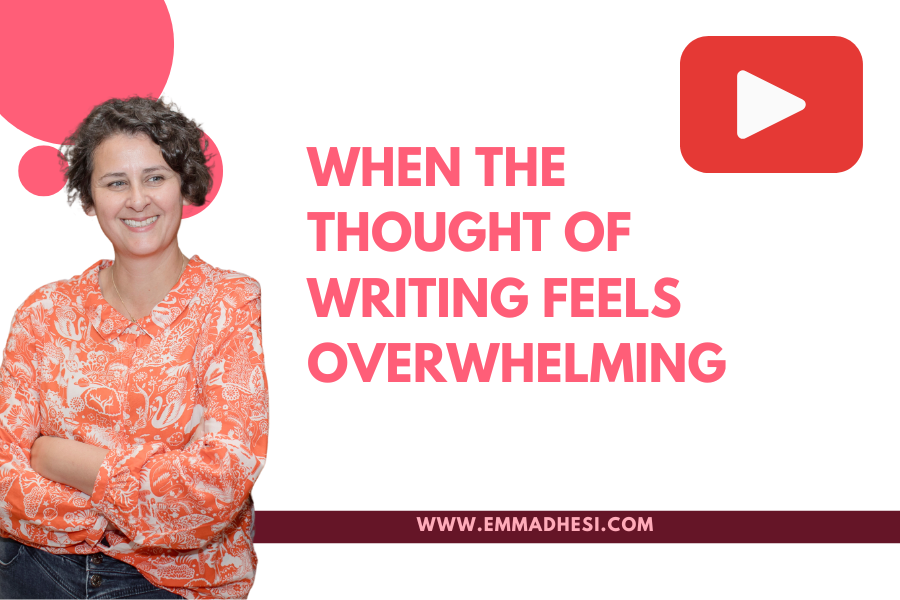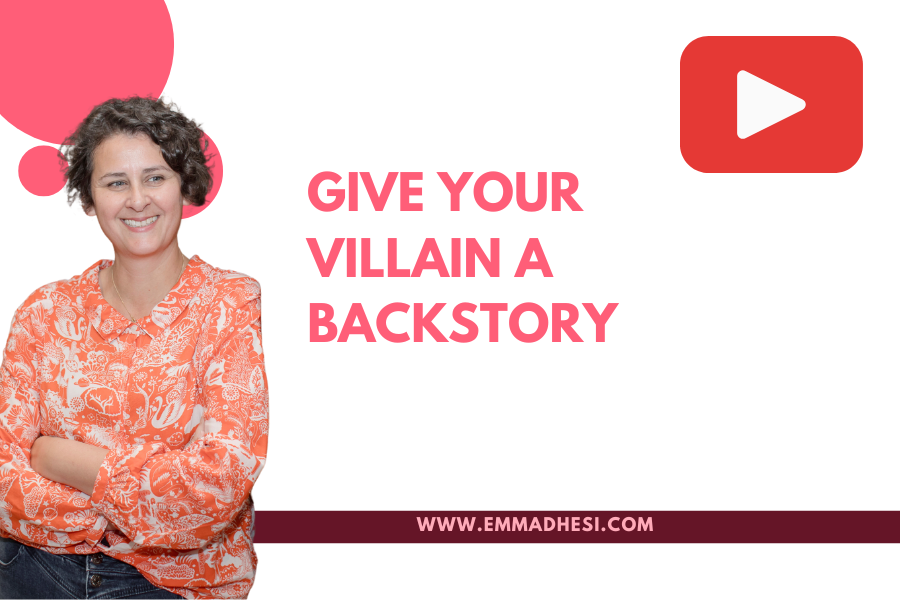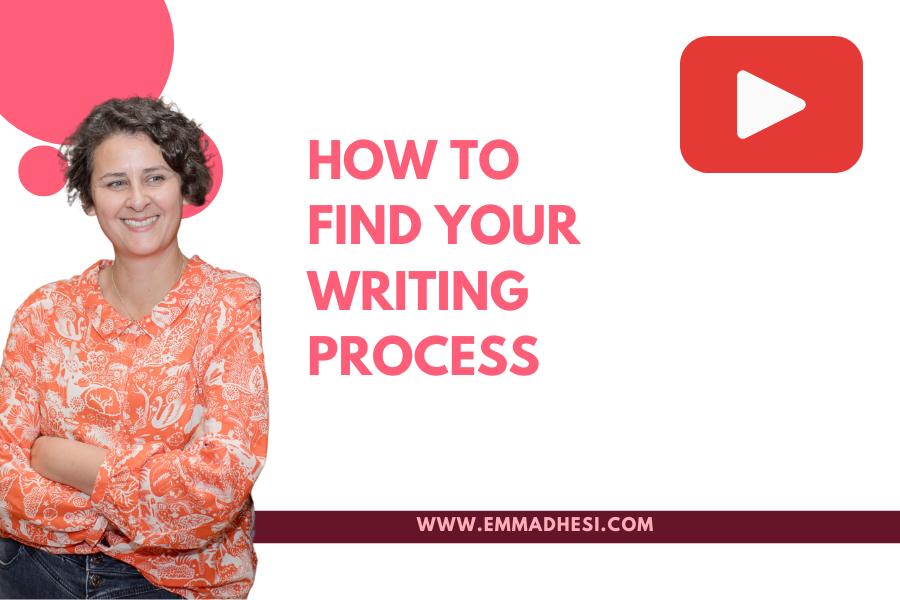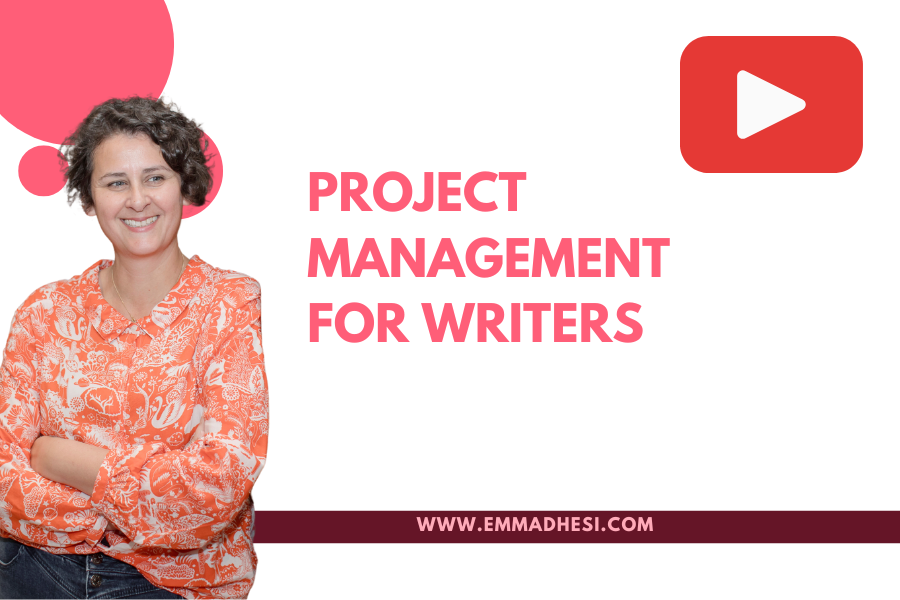
Project Management For Writers
Watch my video below, or read the post, to get some advice on project management for writers.
Hello my lovely writers!
I want to talk today about project management for writers. When we start writing, we have this wonderful creative idea, we have characters and we think, ‘Oh, what if this happened?’ and ‘Wouldn’t it be great if that happened?’ and we start writing our stories.
But when you think about it, writing a long form piece of fiction is a project. It’s not a small sewing project, for example, that you can complete in three hours on a Saturday afternoon. Writing a book is a big project that’s going to take you months or – for some people – years, particularly if it’s your first book.
Project management for writers
I want to encourage you to start thinking about your novel as a project, a project that needs management and, like any other project, we need to set milestones for it. Project management might be something you do in your work life but you’ve never thought, ‘Oh, I need to apply these same project management skills to my creative life,’ but it’s incredibly helpful if you can.
I always encourage writers to set a date by which they want to have their first draft written because, as newer writers, that in itself is a huge feat and a giant milestone.
Set a date in the future when you think you’ll be able to write this book. This will vary depending on your lifestyle as, if you are someone who is retired, for example, you’ll have more time available to you, and perhaps able to write it quicker than someone working full-time who has only one or two days a week in which to write. If you’re working and you’ve got kids or other caring responsibilities, you might only have one afternoon a week to do it.
Have a look at your own lifestyle and determine how often you can write and how much you can write in each writing session and work it out from there. What will be a realistic goal for you to achieve this first draft by?
Remember, this isn’t a race, it’s a marathon and, the busier you are outside of writing, the longer that marathon is going to be.
Give yourself deadlines
Give yourself those deadlines, give yourself something to aim for and, if you’re writing a first draft, aim to get that skeleton chapter one, chapter two, chapter three or chapter four, just so you get through to that first draft.
The first draft doesn’t need to be perfect, you just need to get something down. You need to keep moving. You need to keep that momentum and, what that allows you to do is, as you finish each chapter, or that skeleton draft of each chapter, you can tick it off so you see the achievement you’re making. You see the progress you’re making and it feels like you’re getting somewhere and that you are actually getting towards that milestone of writing your first draft.
Software gives you a visual reminder
If you have writing software available to you, that’s wonderful as well, as you see a visual reminder every time you open Scrivener, or Atticus, for example. Every time you open your writing program, you see a new chapter and every time you close the program, there’s a new chapter in there, which gives you that feel-good feeling, that burst of adrenaline, that happy hormone that is a serotonin release that makes you feel good and in turn will make you much more likely to come back to the page because you’ve got good memories about the last time you were there.
See if you can do that because it will help you stay motivated and, as we know with anything that takes time to do, there’s ups and downs and we need to find ways to keep us motivated, keep us buoyant, keep us going and remain resilient throughout it all until we get to the end.
An extra tip
Here’s an extra tip. Try and keep to a routine with that writing. If you know you can write three or four days a week, or three or four sessions a week, try and make them the same sessions nine out of ten weeks to get continuity going. If you know you only have one afternoon a week, then make sure it’s that same afternoon if you can so you have this feeling of continuity and momentum. The more routine something feels, the easier it is to do. When it’s something new, we feel it’s going to be an uphill battle, and then we are much less likely to do it but if we’re able to make writing a routine in our week, it’s going to feel less stressful, less difficult and we’re much more likely to turn up and do it.
Set yourself a milestone. When are you going to finish this first draft by? If you use software, use that to see you’ve got these clear set milestones coming up and that you’ve written chapter 1, chapter 2, chapter 3 and so on so you can see it. If you can, try and establish that routine so it feels nice and easy. As easy as brushing your teeth, say.
Does this resonate with you?
Do you see now why project management for writers is important? Let me know in the comments if this resonates with you and if you’ve found ways of making writing a regular part of your week. It’s so, so important to build that routine, that momentum and keep going until the end.
I’d love to hear from you, so let me know below.
Emma xx
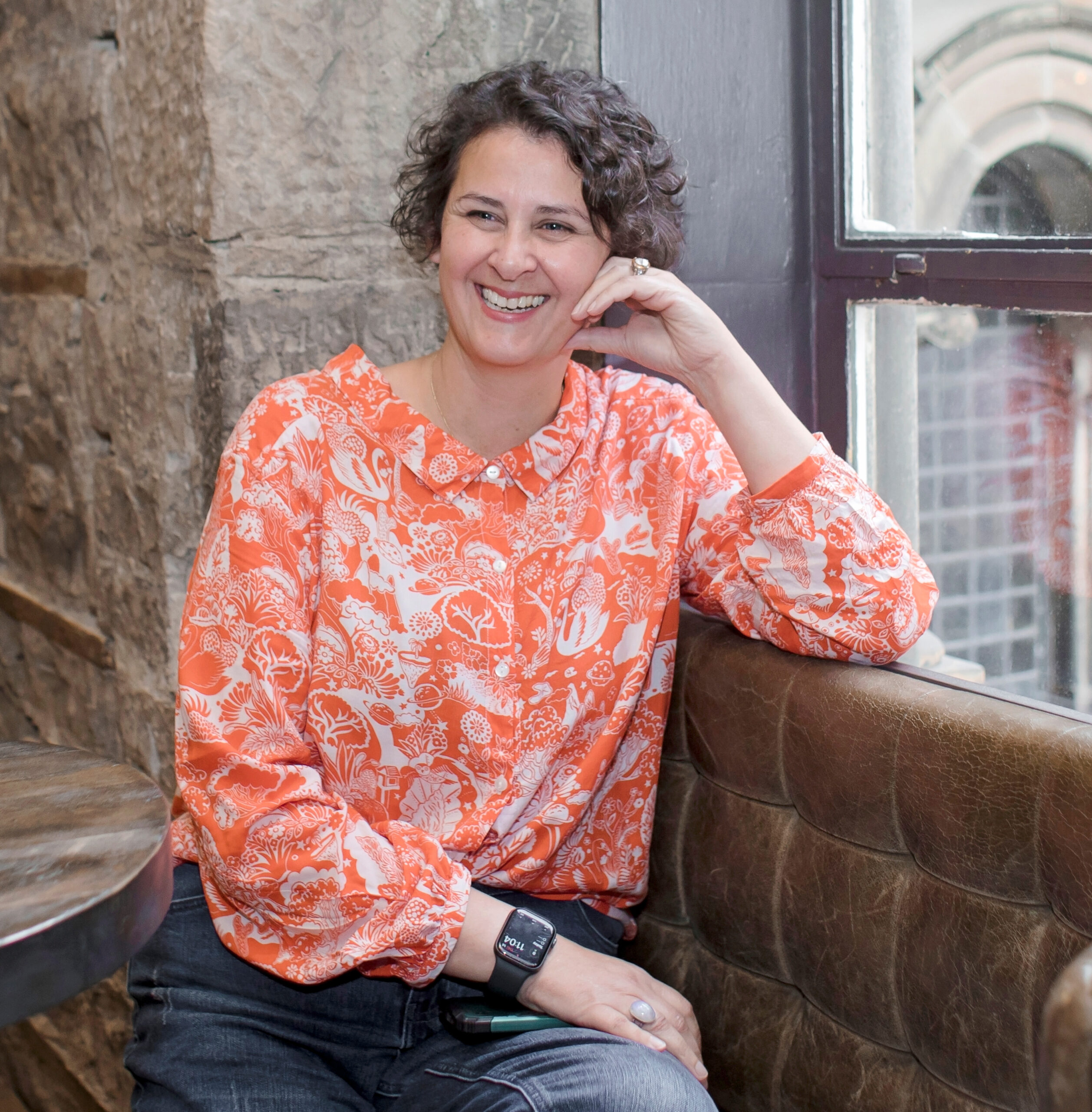
Emma Dhesi
Emma Dhesi is a Certified Author Accelerator Book Coach and bestselling author who helps writers let go of perfectionism, self-doubt and writer's block through her signature programme, Unlock Your Creative Block.
She is the host of the YouTube Channel, Emma Dhesi, where she interviews debut and experienced authors alike.
Through her 1:1 coaching programme, Emma helps new authors start and finish their first novel.
Emma provides personal written feedback on their pages and guides them through the emotional rollercoaster that is writing a novel!

